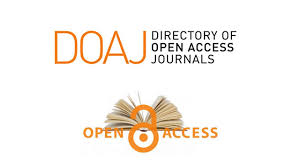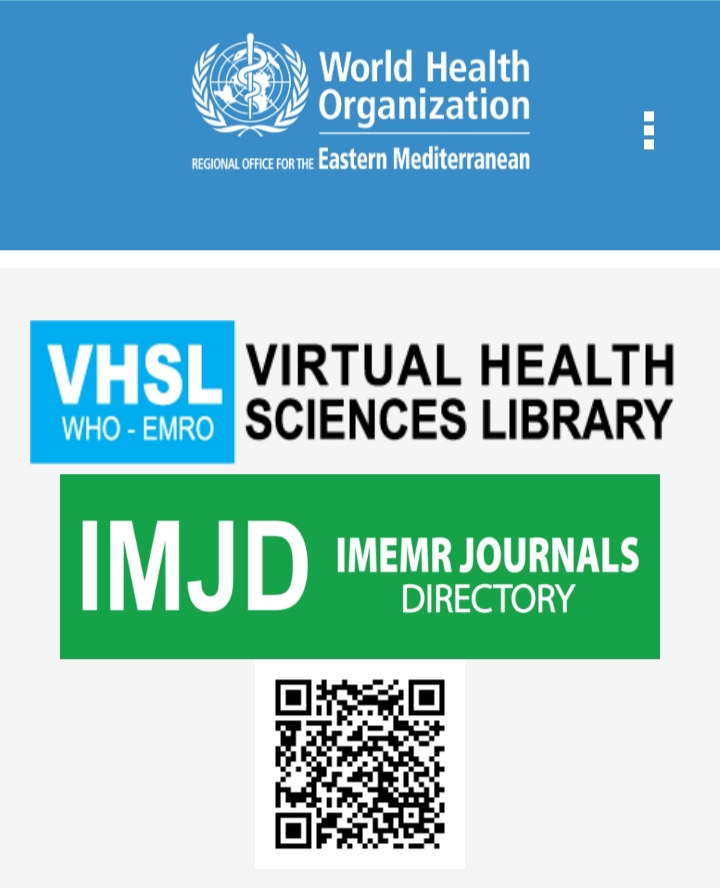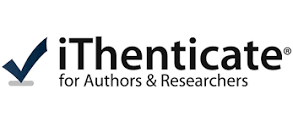Research Data Policy
Research Data Sharing Policy and Reproducibility
Data sharing enables others to reuse the results of experiments and supports the creation of new science that builds upon previous findings, making the research process more efficient. Data sharing also supports transparency and reproducibility, building trust in science.
Al-Rafidain Dental Journal encourages and supports researchers to share research data where appropriate and at the earliest opportunity:
- Standardize and align our author data guidelines where this is possible to make it easier for authors to understand how and where they can store and share their data, enabling optimal access and reuse.
- Ensure researchers can gain credit — and credit others — for sharing research data, by encouraging and supporting proper data citation practices.
- Purpose
To promote transparency, reproducibility, and integrity in research, authors submitting to Al‑Rafidain Dental Journal are required to share key underlying data that support their findings.
- What Data Should Be Shared
Authors are expected to make available:
- Raw data underpinning results (e.g., laboratory measurements, survey results, imaging data, CT scans, microbial colony counts, etc.)
- Processed data if raw data is impractical (e.g., derived spreadsheets)
- Software code or analysis scripts used for data analysis
- Supplementary tables or figures not included in the main manuscript
Patient-sensitive data must be de-identified and shared only in compliance with ethical and legal requirements (e.g., GDPR, HIPAA).
- When to Share Data
At the time of manuscript submission, authors must include a Data Availability Statement.
Data should be accessible upon acceptance and publication, unless an embargo is agreed upon for justified reasons (e.g., commercial or ethical).
- Data Availability Statement (Required)
All submitted manuscripts must include a Data Availability Statement
- Non-compliance Policy
Failure to comply with the data sharing policy without a valid justification may result in:
-Manuscript rejection
-Retraction of published articles if non-compliance is discovered later
- Exceptions
Data sharing exemptions may be granted where:
-Legal, ethical, or institutional restrictions prevent public access.
-Authors are subject to data ownership or embargo limitations.
In such cases, authors must clearly explain the restriction in the Data Availability Statement.
- Policy Updates
This policy will evolve with international best practices and technological developments.







